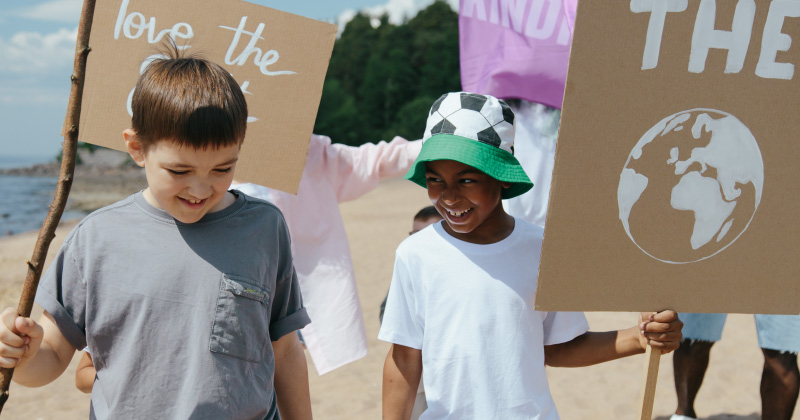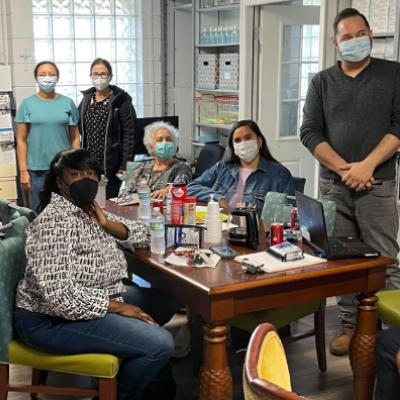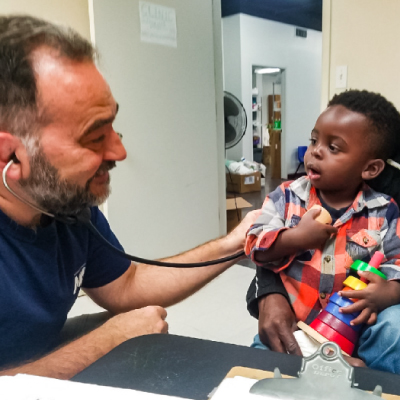- Who We Are
- Clinician Employment
- Publications
- Witness to Witness (W2W)
- Kugel & Zuroweste Health Justice Award
- Your Voice Matters: Photovoice Project
Wed, 10/20/2021 | by Kaethe Weingarten


Albert Einstein said, “Everything that can be counted does not necessarily count; everything that counts cannot necessarily be counted.” I hope I am not being presumptuous to add a corollary: “Not everything that counts can count for me.” I add this sentence because it is something we attend to at Witness to Witness (W2W) all the time, since it is one of our approaches to managing the emotional toll exacted by attending to the suffering of others, as many health care providers do every day. Put another way, we ask ourselves this question: “How can we stay focused, caring, and compassionate about the suffering of our constituents without ourselves withdrawing from it? How do we turn our empathy into compassionate action that can make a difference?”
In my August blog post, I provided some specific suggestions about how to work with our empathy so that it does not become a source of harm. In this blog, I am extending those suggestions to include ideas about how we can face up to, and not withdraw from, the massive issues that challenge us all. I am using climate change as my example, but you may be able to swap out a different issue into my recommendations.
On August 9, the United Nations Intergovernmental Panel on Climate Change issued its Sixth Assessment Report on climate change, stating that there are unprecedented changes in climate that have occurred over the last century due to human actions that will have catastrophic impacts on the planet. We know that climate change is one of the main drivers of migration, projected to impact 25 million people now and 200 million people in 2050. How do individuals take this in without being so overwhelmed that they close down completely?
Let us say you are a person who wants to do something about, in this instance, climate change. Here are some ideas about how to make a contribution without getting overwhelmed. We think these ideas are generalizable to other issues as well.
- Remember that you are one person. Do not set an expectation of yourself that is either too modest or too grandiose. Ask yourself this question: What is within my scope to achieve? Or this question: What can I do myself, and what should I advocate for world, national, state, and/or local leaders to address?
- Educate yourself on the topic. For most issues there are many resources online and in your local library. In relation to climate change, this online website has a four-part series on 365 books to start a climate change library. Here is the link to Part One. Another recommendation is Project Drawdown’s six-part video series on climate solutions.
- Find a news source whose information you trust and whose tone fits with your style. Decide how often you want to hear from your source and set your preferences accordingly.
- Monitor your body for signals that your news feed is too much. Most people monitor their caloric intake. If we want to stay active for the long haul, it is necessary to monitor our news and information intake as well, including on social media.
- Consider whether there is an angle within your chosen topic of interest that you want to be your focus. For me, I am particularly concerned about the impact of climate change on women and yet women leaders in climate activism receive only 3% of total climate funding today. That fact activates me.
- Decide on a single, realistic action you will take daily, weekly or monthly and just do it. There is nothing like making a commitment and following through to make us feel effective. What doesn’t work is to bite off more than we can chew, fail to take action, regret it, and then wallow in misery and guilt.
- Support your action plan by working with like-minded people. There are groups taking action on just about any topic you might want to address. It’s helpful to work with others on setting goals and taking steps toward those goals. An example in my situation with climate change is connecting with 1000 Grandmothers.
- Help children become activists. Children are curious and energetic. It’s fun to think of ways to include children in our activism. There are guides to climate change for children (like this one from the New York Times) and ways to help youth become activists (like this toolkit). Working in collaboration with youth can be inspiring.
- Find good company in books about activism. This is a list of books for inspiration and enjoyment.
- Leaven your attention to your chosen topic with moments of beauty and awe. Laughter also matters. No matter how dark and difficult the situation, there are also always places to find beauty, ways to experience awe, and amusing circumstances. These provide hour-by-hour relief and need to be cultivated as purposefully as activism.
- Believe that your own self-care is important. This cannot be emphasized enough. No matter what you care about, if you don’t care about yourself, ultimately your efforts will fall apart. Only a healthy body/mind can create healthy, sustainable change. Witness to Witness has numerous self-care resources on our site.
All of the bold sentences can apply to taking action on behalf of any cause or issue that means a lot to you. While none of is likely to solve any of the world’s major problems, all of us have a part in contributing to their solution. At W2W, we say, “something small is not the same as something trivial.” I have been an activist since I was nine years old, and, 65 years later, I can truly say that following my own tips has contributed to the longevity of my activism. I may never enjoy the gratification that comes from solving a massive problem, but I do enjoy the satisfaction of working with others toward changes that matter.
Got some good news to share? Contact us on our social media pages above.
Return to the main blog page or sign up for blog updates here.







